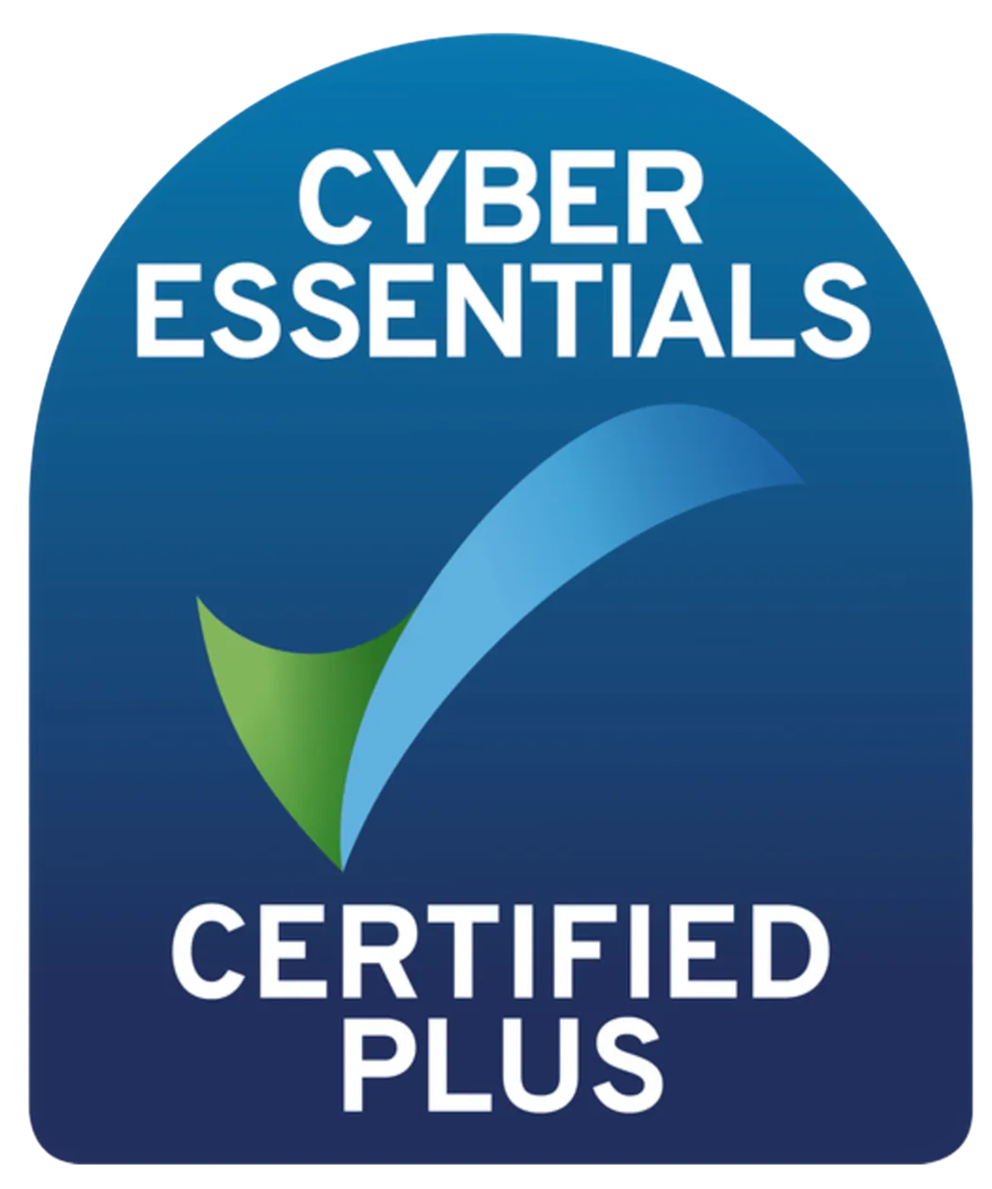Curriculum Overview
At St Gabriel’s our curriculum is rooted in our Mission Statement we ‘strive to use our God-given talents to serve others and to succeed’. We aim to provide an inspiring and knowledge rich curriculum which allows our pupils to be able to progressively know more and develop new skills. This enables pupils to achieve well academically, become successful learners, confident individuals and responsible citizens.
Our three-year Key Stage 3 Curriculum offers a balanced curriculum covering all National Curriculum subjects.
Our Key Stage 4 Curriculum offers the opportunity for both suitable academic or vocational pathways. We promote the EBacc and understand its importance as per DfE guidance.
In both key stages the principles of Catholic Social Teachings are taught to students through personal development lessons, celebration of the word in assemblies but also through each subjects’ curriculum.
Progression and Sequencing
Each subject has carefully considered the most important knowledge and skills required and these are thoughtfully sequenced and progressively built over time in a coherent manner.
Key Skills and PSHE
Our curriculum includes the development of the whole child to ensure they have the strength to embrace all challenges.
- Key skills (e.g., literacy, numeracy, digital literacy) are embedded across the curriculum.
- Personal, social, and emotional skills are developed through PSHE (Personal, Social, Health and Economic education).
High-Quality Teaching and Learning
We emphasise the importance of research-informed teaching strategies to ensure high-quality delivery. Leadership teams ensure lessons are engaging, meet the needs of all pupils, and promote active participation.
Learning Hubs
We have several Learning Hubs which we use to share knowledge organisers, revision materials and links to online learning which can be accessed through the students Microsoft 365 accounts via Share Point. This can support our pupils with home learning, revision and stretching them to reach their full potential and achieve success.
Assessment for Learning
Our approach to assessment, includes formative and summative methods. Our Assessment policy highlights the importance of both small Unit Test and Assessments to support learning and inform future planning.
Enrichment Opportunities
Our curriculum is enhanced with many opportunities to offer service to others within school and our wider community. Our Subject Leaders provide many extracurricular activities and cultural visits to enhance the curriculum. This contributes to pupils’ cultural capital and well-rounded development.
Supporting SEND and Disadvantaged Pupils
We have an inclusive curriculum for SEND pupils, in line with the SEND Code of Practice (2015). We are strategically working to close attainment gaps for disadvantaged pupils, to mitigate disadvantage barriers, including the use of Pupil Premium funding.
Monitoring and Evaluation
We have impactful procedures for curriculum monitoring (e.g., lesson observations, work scrutiny, pupil voice). We work with other schools in the St Teresa of Calcutta Multi Academy Trust and schools in the Diocese of Salford to evaluate the impact of our curriculum through outcomes, progress data, and feedback from stakeholders.
We welcome feedback from parents, pupils, staff, governors, and external reviews to inform curriculum development and we are committed to ongoing improvement.


